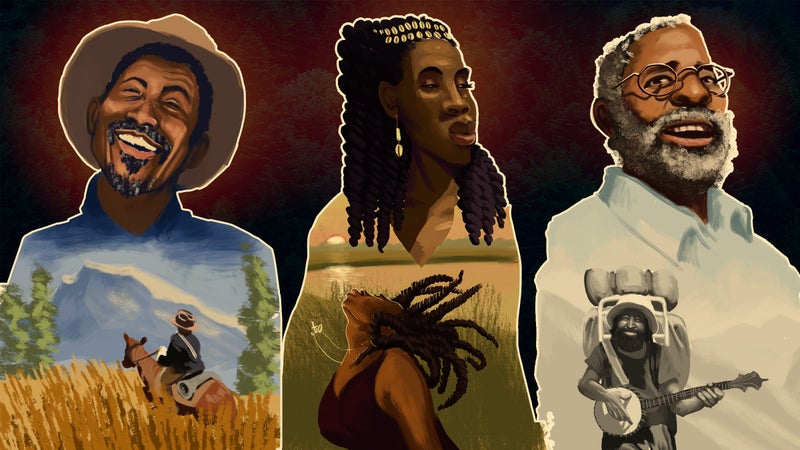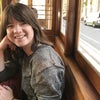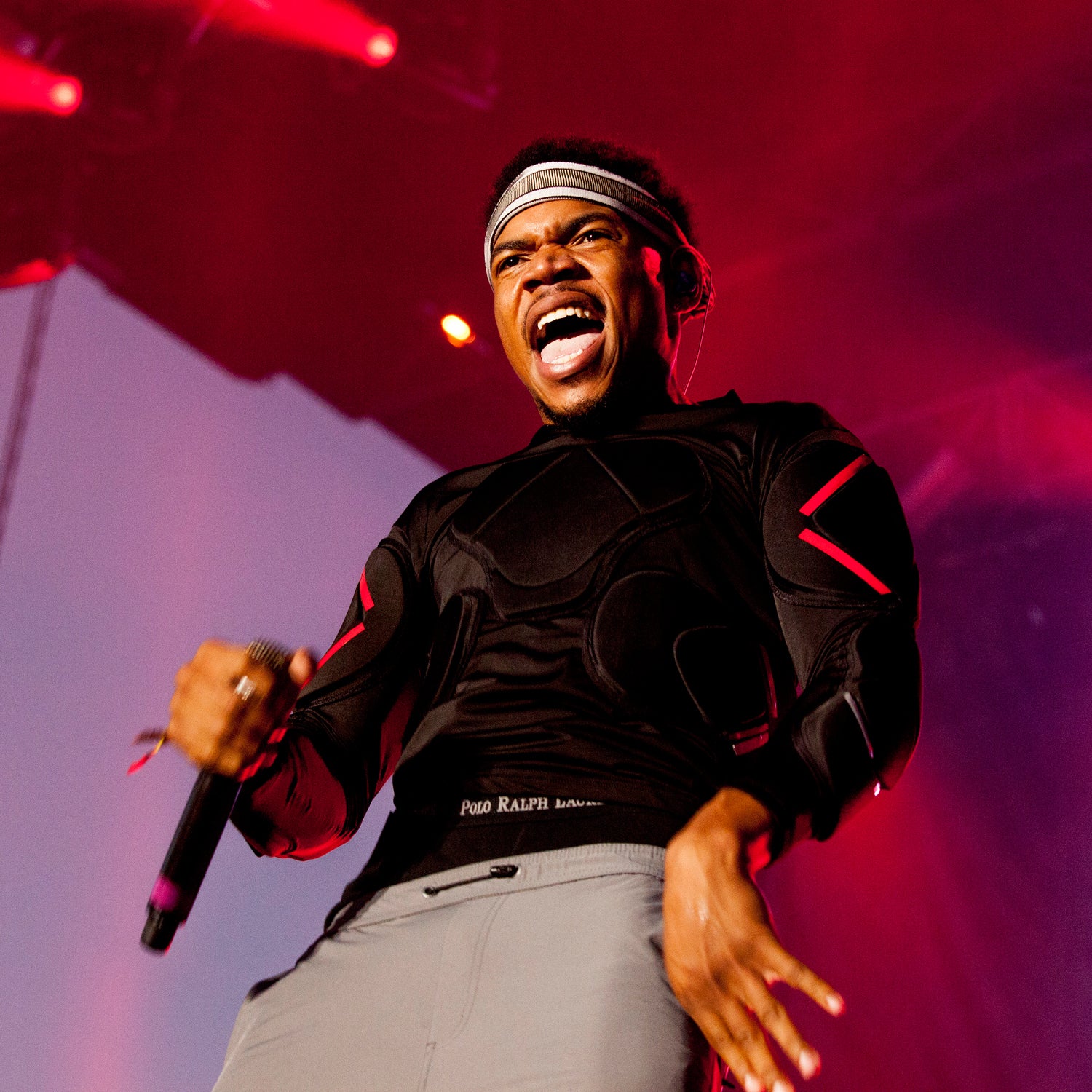This week, we have a lot of nice stuff for your ears, and some not-so-nice (but fascinating) stuff for those days when you just want to escape from it all. By faking your own death. We did promise you variety.
Podcasts
Olympics Blowout
�±�’r�� not keen on hosting the Olympics, but we love watching them as much as anybody. This year, we’ve been doubling down on our five-ring media consumption by listening to podcasts about the people, stories, and athletic prowess behind the Games. After all, the last summer Olympics took place before the . This go-around, we have tons of great options to tune into during NBC commercial breaks. Here are the best we’ve come across:
How to Do Everything: “The Only Olympics Guide You’ll Ever Need”
Definitely not the only Olympics guide you’ll ever need, but a must-listen. You’ll suddenly be able to spot wonderfully weird quirks beyond the action, like athletes forming human shields and bottles of honey at the gymnastics arena.��
Minutes on Mastery: “Dealing with the Pressure of the Olympic Games”
A quick but thoughtful conversation on something that carries far beyond the Games: cracking under pressure. Or rather, learning to consistently resist the thoughts that make us crack. Volleyballer Nicole Davis keeps her eyes on the prize in a particularly entertaining way.��
Hidden Brain: “Silver and Gold”
That second after an athlete realizes they’ve won gold or suffered a narrow defeat—it’s a fascinating second. National Public Radio’s pop-psychology podcast breaks down what’s going on in those moments, and it certainly changed the way we look at the winners and losers.
Sampler: “The Games We Play”
Here’s one for when you’re feeling a little Olympics-oversaturated. This one’s not about the Games. Instead, it’s a meta-appreciation of what thrills us about the athletic spectacle. Bonus: Sampler’s episodes, for those unacquainted, feature bits and pieces from all kinds of under-the-radar podcasts. So you’re really getting five shows in one. Listen to it with the swimming finals on mute, and you may just be the ultimate sports-fan multitasker.
Music
Chance the Rapper’s All-American Week
https://youtube.com/watch?v=6DFLoN3JosA
We consider this spare, go-team-go song an unexpected Olympics treat. �±�’r�� putting the two-minute spot on repeat until it’s time for closing ceremonies. Chance this week, too, so it’s just the patriotic thing to do.��
Book
Recreationists Are Great at Faking Their Own Deaths
We didn’t want to get our hopes up when new author Elizabeth Greenwood’s book, , came to our attention, but it turns out that there’s a strong ���ϳԹ��� connection. After all, you have to go to fairly adventurous means to do a really good job of faking your own death—like staging a kayaking accident, disappearing on a hike, or jetting off to Costa Rica. Greenwood meets interesting characters who have really done it, and goes into such detail that it could read like a how-to manual… you know, if we endorsed that kind of thing.
Film
The Adaptive Sports You Don’t Often Hear About
It’s fitting that Alana Nichols, Paralympic basketball player and skier, is a prominent voice in filmmaker Ben Duffy’s new : The documentary casts a wide net of talent, too, showing many kinds of athletes from many generations within the adaptive sports world. Watch that kid do a backflip in a wheelchair at a skate park, and tell us you don’t want to see more. Available August 16 on iTunes and other instant streaming services.
Weekend Reading from ���ϳԹ���
It Matters Who You See in Outdoor Media

Carolyn Finney brings us a thoughtful piece on why we need to do better when it comes to including people of color in outdoor media (including, of course, ���ϳԹ���).��
Was that myth true—that “Black people don’t ______ (fill in the blank: swim, camp, ski, and so on)”? I didn’t think so. I watched my parents care for twelve acres of land that belonged to someone else and do so for nearly fifty years. My father cared for every part of that landscape: the flower gardens, the fruit trees, the lawn. My mother was especially skilled at growing tomatoes, basil, and dill in the vegetable garden. And she was always pointing out the wildlife to us—the black squirrels, the white deer, and the snapping turtles. While the estate owners visited on weekends and holidays, my family lived there 24/7. My parents couldn’t afford to take us on vacation to a national park, so that estate was where my brothers and I developed a great appreciation for nature.��
Though the outdoors shaped my own childhood, I rarely saw black and other non-white people in mainstream coverage of the topic. Mainstream media and environmental organizations have been slow to consider or represent a large chunk of those who love wild places—and in light of the celebrations around the national park system this year, it’s become even clearer that we still have a lot of work to do.��
One Last Thing
He Knows
The Internet has officially followed #PhelpsFace to its logical conclusion. But wait! There’s real performance potential behind the terrifying glare—we confirmed as much.


